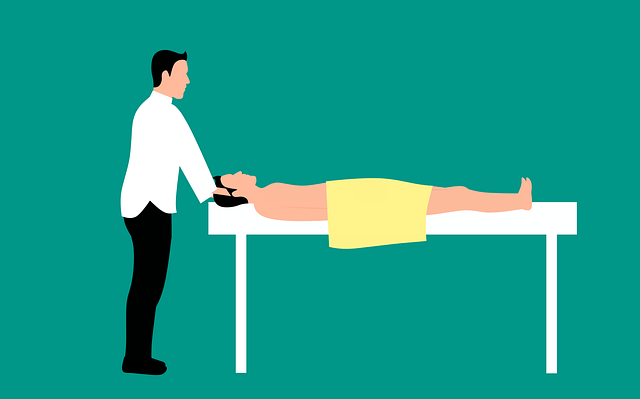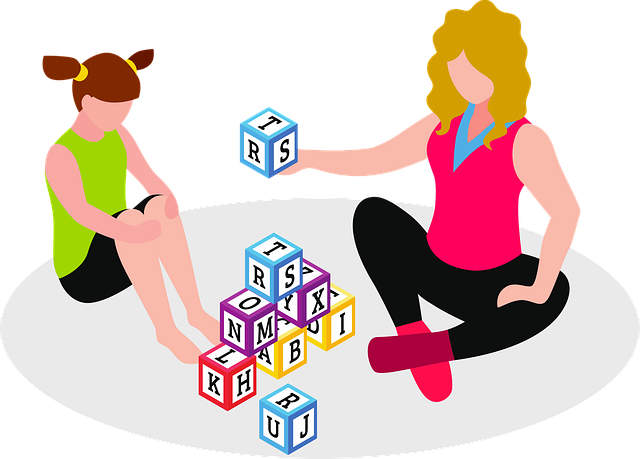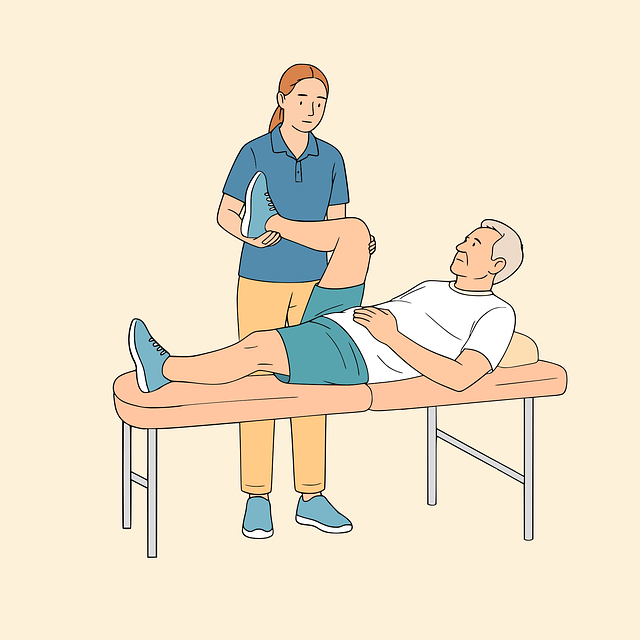Depression is a debilitating mental health disorder impacting daily life and relationships. Seeking depression therapists is vital for managing symptoms through evidence-based therapies like CBT, IPT, and MBCT. Skilled therapists create a supportive environment, guiding clients to challenge negative thoughts, improve emotional regulation, and adopt healthier coping mechanisms. Building a strong therapeutic alliance based on trust and open communication enhances treatment outcomes. Innovative approaches like mindfulness and EMDR also prove effective. Depression therapists play a crucial role in empowering individuals to overcome depression, prevent relapse, and significantly improve their well-being through personalized strategies and ongoing support.
Depression management therapy plays a pivotal role in helping individuals overcome mental health challenges. Understanding depression’s profound impact on daily life is essential, especially its ability to disrupt emotions, thoughts, and behaviors. This article delves into various aspects of effective treatment, including the crucial role of qualified depression therapists who guide patients through different therapeutic approaches. From cognitive behavioral therapy (CBT) techniques to emerging methods like EMDR, we explore strategies for managing depression, building coping skills, and preventing relapse.
Understanding Depression and its Impact

Depression is a complex mental health disorder that significantly impacts an individual’s daily life and overall well-being. It goes beyond mere sadness; it is characterized by persistent feelings of hopelessness, loss of interest in activities once enjoyed, changes in appetite and sleep patterns, fatigue, and difficulty concentrating. These symptoms can vary in intensity and duration, making depression a challenging condition to manage. The impact of depression extends beyond the person experiencing it, affecting their relationships, work performance, and overall quality of life.
Seeking support from depression therapists is a vital step towards managing this disorder. Therapists play a crucial role in helping individuals understand and navigate the complexities of depression. Through various therapeutic approaches, they guide patients to identify triggers, develop coping strategies, and foster positive thinking patterns. With professional guidance, individuals can learn to manage their symptoms, improve their overall mental health, and regain control over their lives.
The Role of Depression Therapists

Depression therapists play a vital role in helping individuals navigate and overcome the challenges posed by this common mental health disorder. These professionals are equipped with specialized knowledge and skills to provide effective treatment and support. Through various therapeutic approaches, such as cognitive-behavioural therapy (CBT) or interpersonal therapy, depression therapists assist clients in identifying and changing negative thought patterns, improving emotional regulation, and enhancing coping strategies.
They offer a safe and non-judgmental space for individuals to express their feelings, explore underlying issues, and develop personalized plans for managing symptoms. By fostering a collaborative relationship with their clients, depression therapists enable them to take an active role in their recovery journey, promoting long-lasting positive changes.
Different Types of Therapy for Depression

Depression management therapy offers a range of effective approaches, tailored to individual needs. One common and powerful method is cognitive behavioural therapy (CBT), which helps individuals identify and challenge negative thought patterns and behaviours contributing to their depression. This type of therapy focuses on the present and future, teaching practical coping strategies for managing symptoms.
Another evidence-based approach is interpersonal therapy (IPT), designed to improve relationships and social functioning. IPT assists depression therapists in exploring an individual’s personal relationships, helping them understand how these interactions might be affecting their mental health. By addressing these issues, IPT can significantly reduce depressive symptoms. Additionally, mindfulness-based cognitive therapy (MBCT) combines elements of CBT with mindfulness practices, offering a unique way to prevent relapse and manage chronic depression.
Creating a Therapeutic Alliance

Building a strong therapeutic alliance is a cornerstone of effective depression management therapy. This partnership between the client and their depression therapists fosters an environment of trust, respect, and open communication. When individuals struggling with depression feel understood, heard, and supported, they are more likely to engage actively in treatment, share honest insights, and benefit fully from therapy sessions. Depression therapists play a vital role in cultivating this alliance by demonstrating empathy, validating clients’ feelings, and ensuring their concerns are addressed throughout the therapeutic process.
The alliance extends beyond words; non-verbal cues, such as maintaining eye contact, active listening, and using reflective techniques, also contribute significantly to its strength. Through consistent effort from both parties, this alliance strengthens over time, enhancing the likelihood of successful outcomes in managing depression symptoms.
Cognitive Behavioral Therapy (CBT) Techniques

Cognitive Behavioral Therapy (CBT) is a highly effective approach for managing depression, as recommended by many depression therapists. It focuses on identifying and challenging negative thought patterns that contribute to depressive symptoms. CBT helps individuals become more aware of their thoughts and emotions, teaching them to replace unhelpful cognitive distortions with more realistic and positive ones.
Through this process, patients learn to manage their depression by changing the way they think about situations, which can significantly improve their mood and overall well-being. Depression therapists often use techniques like thought recording, logic testing, and behavioral activation to empower individuals to take control of their mental health.
Other Effective Approaches: Mindfulness, EMDR, and More

In addition to traditional talk therapy, several innovative approaches have proven effective in depression management. Mindfulness-based therapies, for instance, teach individuals to focus on the present moment and accept their feelings non-judgmentally, helping to reduce symptoms of depression. This approach encourages a deeper understanding of one’s thoughts and emotions, fostering resilience against negative thought patterns.
Eye Movement Desensitization and Reprocessing (EMDR) is another powerful tool used by depression therapists. EMDR combines exposure therapy with guided eye movements or other bilateral stimulation to help patients process traumatic memories and reduce their impact. By helping individuals reprocess distressing memories and beliefs, EMDR can significantly alleviate symptoms of depression related to past traumas.
Building Coping Strategies with Professional Support

Depression can make everyday tasks feel overwhelming, but building effective coping strategies with professional support is a powerful tool in managing symptoms. Depression therapists play a crucial role in guiding individuals through this process, offering tailored techniques and strategies to navigate challenging emotions and thoughts. Through regular sessions, clients learn to identify triggers, develop healthy coping mechanisms, and enhance their overall well-being.
With the help of depression therapists, individuals gain practical tools to manage symptoms effectively. These strategies may include mindfulness exercises, cognitive-behavioral therapy (CBT), or other evidence-based approaches tailored to individual needs. By combining professional guidance with personal commitment, building coping strategies becomes a collaborative journey towards improved mental health and increased resilience.
Long-term Management and Preventing Relapse

Depression management therapy isn’t just about treating symptoms; it’s also about long-term strategies to prevent relapse. After initial improvements, ongoing support from depression therapists plays a crucial role in maintaining mental health. This can include regular check-ins, cognitive behavioural therapy (CBT) techniques to manage triggers, and mindfulness practices to foster resilience against depressive episodes.
Additionally, integrating healthy lifestyle habits such as regular exercise, adequate sleep, and balanced nutrition, recommended by depression therapists, can significantly reduce the risk of relapse. Building a strong support system, whether through social connections or support groups, also acts as a buffer against future bouts of depression.
